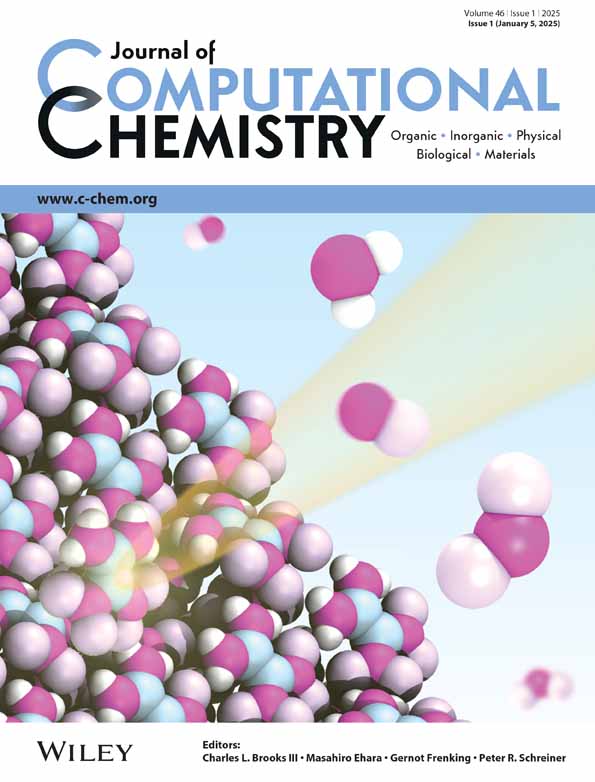Groupy: An Open-Source Toolkit for Molecular Simulation and Property Calculation
Funding: The authors appreciate the support from the National Key Research and Development Program of China (2023YFlB4103000), the National Natural Science Foundation of China (U2341278, 22178248).
ABSTRACT
In this work, an open-source, versatile, and flexible code named Groupy is present for calculating various molecular properties and preparing input files of molecular simulation software such as Gaussian. This code requires only SMILES as input, but can output many new useful data and files in multiple formats. The output information is clear and easy to read. The tips to the users are very detailed and easy to follow when using. Message passing interface (MPI) parallelization is supported to reduce computing time when the properties of a large number of molecules are calculated. Groupy not only supports the calculation of molecular properties using the traditional group contribution method, but also directly outputs the group-contribution-style molecular fingerprints for machine learning. The code has strong extensibility, which can be used as an external library to build other programs. We hope that Groupy brings great convenience to both computational and experimental chemists in their daily research. The code of Groupy can be freely obtained at https://github.com/47-5/Groupy
Open Research
Data Availability Statement
The data that support the findings of this study are available from the corresponding author upon reasonable request.




